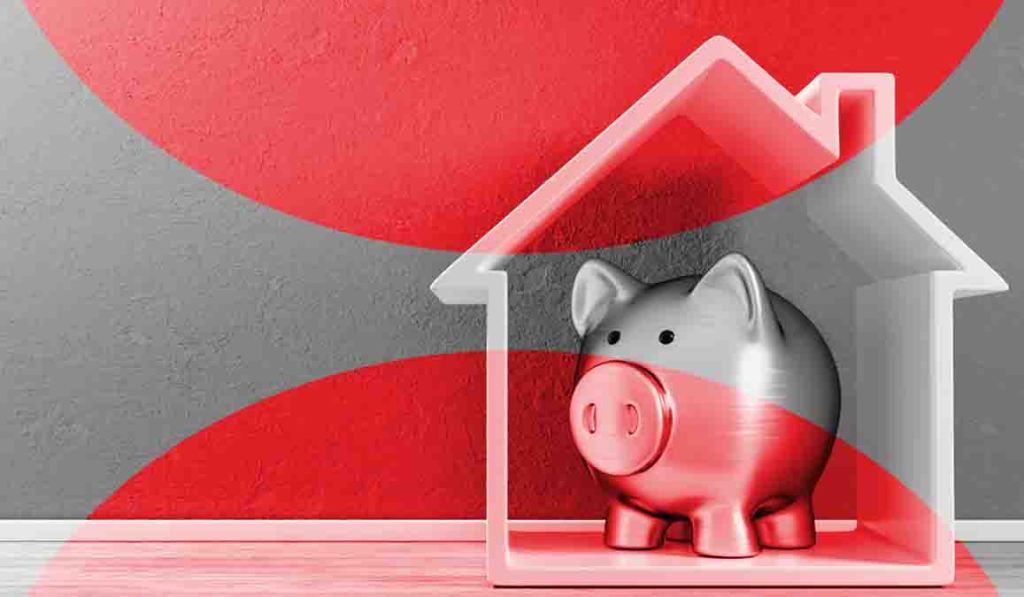U.S. mortgage holders experienced a home equity increase in the third quarter of 2024 — up 2.5% year over year to a total of $17.5 trillion nationwide. But that was down from 8% growth in the second quarter, and negative equity also ramped up for the first time in two years, according to a CoreLogic report.
CoreLogic’s Q3 2024 Homeowner Equity Insights report showed that the total number of mortgaged homes with negative equity rose by 3.5% from the second quarter. About 990,000 homes — or 1.8% of all U.S. properties — were considered “underwater” in Q3 2024, meaning their outstanding mortgage balance was more the value of the home. But CoreLogic noted that negative equity actually declined by 3% from Q3 2023.
The national aggregate value of negative equity was $324 billion at the end of the third quarter. That’s up $4.3 billion from Q2 2024 and $9.1 billion higher than in Q3 2023. Conversely, positive homeowner equity increased by $425 billion since Q3 2023.
What’s causing the growth in negative equity? CoreLogic cites fluctuating home prices as a driving factor. Home-price declines — which are typically a good thing for buyers — could hurt some current mortgage holders. Borrowers with positions near the break-even equity point were more likely to move into negative status as prices fell, according to CoreLogic.
CoreLogic chief economist Selma Hepp also highlighted natural disasters as another factor behind the losses in equity.
“As home prices flattened in the third quarter, home equity gains also slowed, even declined in some regions of the country,” Hepp said. “While home equity closely depends on home price changes, equity losses are also tied to natural disaster events since households can lose a lot of their equity following a catastrophe, particularly if not property insured.”
Three states — Hawaii, Colorado and Idaho — saw significant home equity declines in Q3 2024. Hawaii saw the biggest decreases with an average loss of $34,000 per homeowner. Colorado and Idaho followed with average losses of $17,000 and $13,000, respectively. CoreLogic attributes the Aloha State’s equity decline to a catastrophic wildfire in 2023.
“Following Maui’s 2023 devastating wildfire, Hawaii now tops the list with largest decline in home equity. Nevertheless, Hawaiian homeowners still rank high for homeowner equity, with equity averaging $700,000,” the report notes.
Other states saw equity growth due to soaring home prices. Northeastern states saw the strongest equity gains and home-price growth.
New Jersey (+8.1%) and Rhode Island (+7.5%) led the charge for home-price growth during the year ending in Q3 2024. New Jersey (+$43,000), Rhode Island (+$43,000) and New York (+$37,000) had the largest annual equity increases. On average, U.S. homeowners with mortgages gained $5,700 in equity compared to Q3 2023 — well below the annual gain of $25,400 seen in the second quarter.






